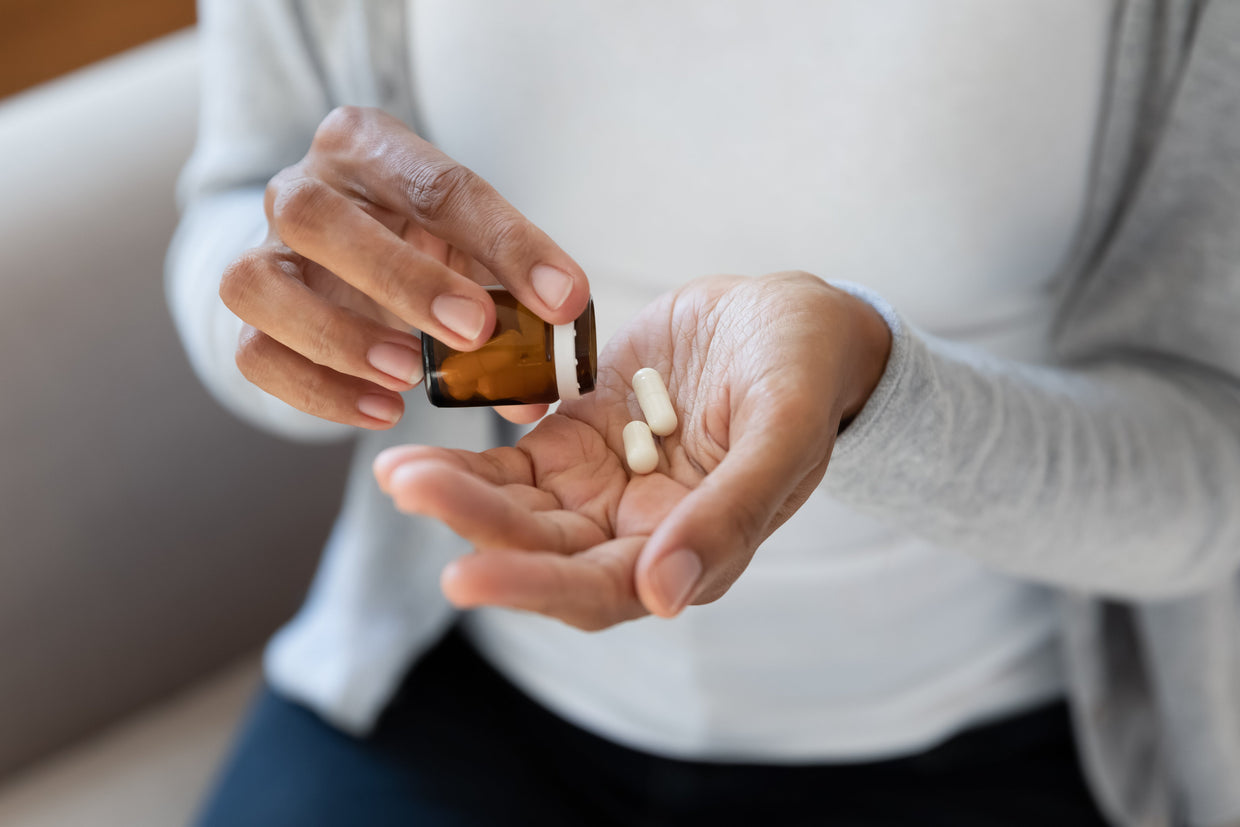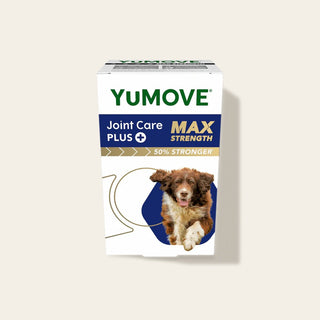

Must-have minerals and vital vitamins
Vitamins and minerals are essential nutrients that play a part in almost everything your body does. That’s why it’s vital we get enough of them. But which ones does your body need, why are they so important and where can you get them from? Let’s find out together…
What are the differences between vitamins and minerals?
Vitamins and minerals differ in a few fundamental ways. Vitamins are organic – which means they come from living things like plants or animals. Minerals, in contrast, are inorganic – they come from the earth, soil and water.
It’s easy for us to absorb minerals through the plants, fish and animals we consume. But unlike minerals, vitamins are easily destroyed by everyday activities. Simple things like cooking, storing or simply exposure to air can destroy these delicate compounds.
Why are vitamins and minerals so important?
So why do we need vitamins and minerals? Having the right amount provides significant benefits to our bodies – including strong bones, good skin, high energy and healthy teeth. And a lack of them can cause harm to your body and expose you to a range of illnesses, such as:
- Scurvy. This old-time sailors’ disease is caused by a lack of Vitamin C and causes bleeding of the gums.
- Dry eyes. A lack of Vitamin A often leads to the inability to produce tears, resulting in dry eyes. In severe cases, it can even cause blindness.
- Anaemia. A deficiency in iron can lead to this energy-draining disease. Iron is also important for women who experience heavy menstrual cycles and for pregnant women.
What vitamins and minerals does our body need and where can we find them?
Vitamins
There are 13 vitamins that are essential for us to live healthily. This includes a mix of fat-soluble and water-soluble vitamins.
Fat-soluble vitamins are stored in the liver and fatty tissues and can stay in the body for days and months:
- Vitamin A – found in eggs, milk, carrots and mangoes
- Vitamin D – absorbed by our skin from the sun. Fatty fish – like salmon and mackerel are also a great source of this vitamin.
- Vitamin E – found in nuts, and green vegetables like spinach and broccoli
- Vitamin K – found in leafy greens and blueberries
Water-soluble vitamins can’t be stored by our bodies. Therefore, we need a more regular supply of them:
- Vitamin B1 (Thiamine) – found in pork, fish, whole grains, bread and pasta
- Vitamin B6 (Pyridoxine) – found in fish, liver and starchy vegetables
- Vitamin B3 (Niacin) – found in nuts, legumes and grains
- Vitamin B12 – found in meat, poultry and fish
- Vitamin B2 (Riboflavin) – found in eggs, liver, kidneys, and asparagus
- Vitamin B5 (Pantothenic acid) – found in poultry and seafood, as well as mushrooms and avocados
- Vitamin B7 (Biotin) – found in meat, eggs and seafood
- Vitamin C – found in citrus fruits and potatoes
- Folic acid – you'll find this in fruit and vegetables, particularly spinach, broccoli and oranges
Minerals
Gold and silver get all the glory as the world’s most precious metals. But these minerals are so important, we couldn’t live without them:
- Calcium – found in dairy products, dark leafy greens and some tofu
- Chromium – found in whole grains, fruits and vegetables
- Copper – found in liver, oysters, mushrooms, nuts and seeds
- Iron – found in red meat, shellfish, spinach and legumes
- Magnesium – found in leafy greens, whole grains, nuts and seeds. You’ll also find this in tap and bottled water.
- Potassium – bananas are a great source of potassium, as well as potatoes and lentils
- Selenium – found in pork, turkey, chicken and eggs
- Zinc – found in poultry, eggs, beans and peas
- Sodium – the fancy name for salt. Just so you know, most adults should only have around 1 teaspoon of salt daily.
As you can see from the lists above, the best way to get a sufficient source of vitamins and minerals is to eat a healthy, balanced and varied diet.
Does your nutrient needs change as you get older?
With age, you can start to lose more of these essential nutrients than you take in. Women and men over 50 should look to take in higher levels of all of the above nutrients – but especially Calcium, Vitamin B12, Vitamin D, Magnesium and Vitamin B6.
What vitamins and minerals give you energy?
Some essential vitamins and minerals are great for boosting our energy levels. Either by helping us rest, or by helping red blood cells to carry oxygen throughout our body. More oxygen and more sleep mean more energy. So, which nutrients give us the best energy boost?
- Vitamin B12
- Iron
- Magnesium – this promotes better sleep and is known to improve symptoms of insomnia
What vitamins and minerals are good for the brain?
The myth that B vitamins slow down or prevent memory loss – including Alzheimer’s and dementia – is just that, a myth. However, they are good for general brain health. They boost cell production and are known to increase brain levels.
What vitamins and minerals are best for joint care?
- Omega-3s. These essential fatty acids have huge anti-inflammatory properties.
- Calcium. This is important for general bone strength. As a general rule, women will need to add more calcium to their diet than men.
- Glucosamine and Chondroitin. Often used in tandem, these help to prevent breakdown of joint cartilage.
Have you got stiff joints? Why not try our miracle iMOVE vitamin and mineral supplement? It contains a unique mix of health-boosting vitamins and minerals. And thanks to our special extraction method, iMOVE contains higher levels of Omega-3 than other supplements!
Don’t forget to keep us updated on your iMOVE journey – we love hearing what you think!




